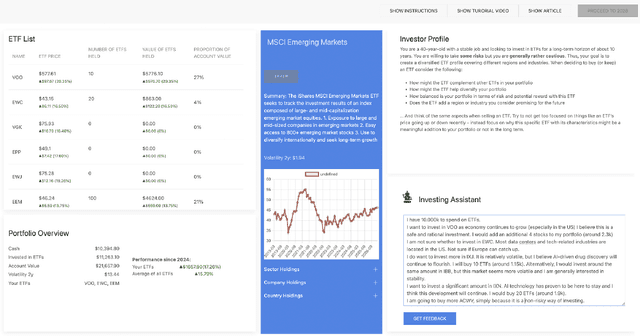AI, Help Me Think$\unicode{x2014}$but for Myself: Assisting People in Complex Decision-Making by Providing Different Kinds of Cognitive Support
Paper and Code
Apr 09, 2025



How can we design AI tools that effectively support human decision-making by complementing and enhancing users' reasoning processes? Common recommendation-centric approaches face challenges such as inappropriate reliance or a lack of integration with users' decision-making processes. Here, we explore an alternative interaction model in which the AI outputs build upon users' own decision-making rationales. We compare this approach, which we call ExtendAI, with a recommendation-based AI. Participants in our mixed-methods user study interacted with both AIs as part of an investment decision-making task. We found that the AIs had different impacts, with ExtendAI integrating better into the decision-making process and people's own thinking and leading to slightly better outcomes. RecommendAI was able to provide more novel insights while requiring less cognitive effort. We discuss the implications of these and other findings along with three tensions of AI-assisted decision-making which our study revealed.
 Add to Chrome
Add to Chrome Add to Firefox
Add to Firefox Add to Edge
Add to Edge